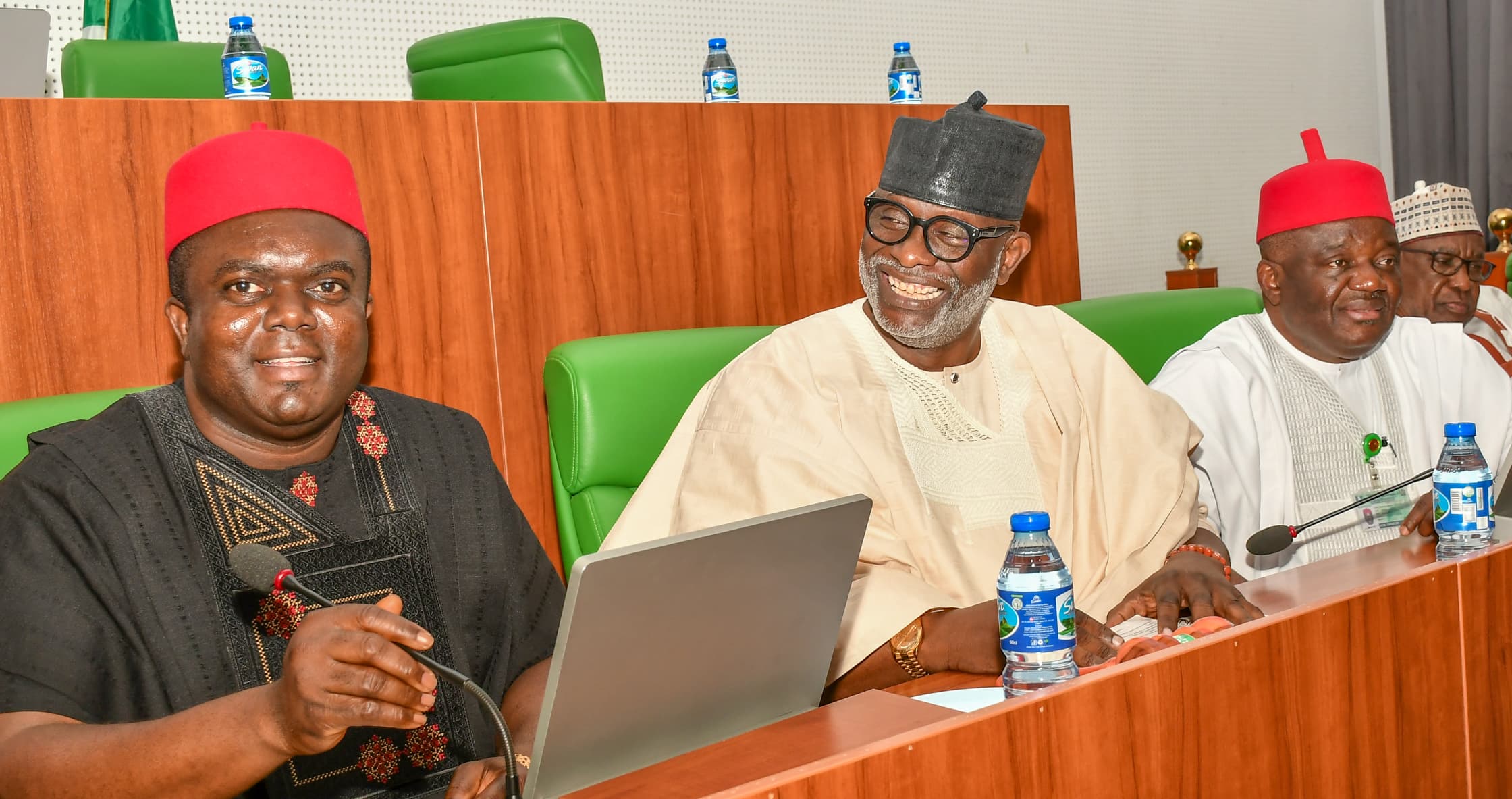The House of Representatives has reaffirmed it support of strengthening the legislative capacity at the local government level

The House of Representatives has emphasised the importance of strengthening bye-law making processes at the local government level in order to deepen governance and accountability.
Chairman, House committee on delegated legislation, Rep. Richard Olufemi Bamisile (APC Ekiti), stated this on Wednesday at the ongoing national retreat organised by the House of Representatives in collaboration with the Association of Local Governments of Nigeria (ALGON) and Bagama & Networks Ltd.
The retreat and interactive workshop was aimed at enhancing the legislative capacity of local government councils and reviewing the vertical revenue allocation formula.
Bamisile noted that the retreat comes at a critical time when there is a pressing need to align legislation with the practical realities and aspirations of Nigerians.
“Ensuring that legislation is practical, effective, and truly reflective of the needs of our citizens is not just a responsibility but a fundamental requirement for good governance,” he said.
Speaking on the theme of the retreat, the lawmaker emphasised the necessity of harmonisation among the three tiers of government, stating that sustainable governance requires synergy and collaboration.
“As we progress toward our goals, it is essential to acknowledge the roles of federal, state, and local governments in shaping the legislative landscape. To succeed in legislating effectively at the grassroots level, we must work together in unison, leveraging our collective strengths and resources,” he added.
On the central focus of the retreat, Rep. Bamisile explained that discussions would explore strategies to empower local governments in crafting impactful bye-laws that address the peculiar needs of their communities.
He stressed that strong bye-laws would not only enhance local governance but also foster accountability and improve service delivery.
The interactive workshop on the review of the vertical revenue allocation formula is aimed at ensuring resources are distributed more fairly and effectively across local councils, thereby boosting their capacity to serve the Nigerian populace
Also speaking during the retreat, the national president of ALGON, Bello Lawal, represented by the Ekiti state ALGON chairman, Ojo Oluwasegun, called for a fairer share of national resources for local councils to enable them meet the growing needs of Nigerians at the grassroots.
Lawal said the retreat was a landmark step toward repositioning local governance in the country.
He emphasised that the deliberations on the vertical revenue allocation formula were critical, especially as the Revenue Mobilization Allocation and Fiscal Commission (RMAFC) has initiated fresh conversations on resource distribution.
“This provides us a rare opportunity to ensure that local governments, being the closest tier to the people, have a direct and impactful voice in the national fiscal architecture,” he said.
Lawal assured stakeholders that ALGON would not relent until local governments were fairly empowered with the financial capacity to meet their constitutional responsibilities. He stressed that equitable revenue allocation remained central to achieving effective service delivery in areas such as education, healthcare, food security, and basic infrastructure.
“I am convinced that the outcomes of this retreat will strengthen intergovernmental relations, deepen legislative harmony, and expand the fiscal space for grassroots governance. Together, we shall move closer to the Nigeria of our dreams where every community enjoys basic services, every child has access to quality education, healthcare and food security,” he added.
Declaring the retreat open on behalf of the Speaker Tajudeen Abbas, Rep. Paschal Agbodike (APGA Anambra), reaffirmed the commitment of the 10th Assembly to people-centered legislation that prioritizes grassroots development.
He noted that local governments form the bridge between citizens and government, and must be adequately empowered to deliver on their constitutional responsibilities.
He emphasised that the retreat provided a platform for knowledge sharing on bye-law formulation, intergovernmental collaboration, and strategies for improving revenue mobilization. He charged participants to approach the sessions with open minds and a sense of responsibility, as the outcomes are expected to strengthen grassroots democracy and service delivery across Nigeria’s 774 local government councils.
The retreat brought together lawmakers, ministers, policymakers, and local government officials from across the country to deliberate on legislative reforms, bye-law making, and the review of Nigeria’s revenue sharing framework.
About local council bye-laws
Bye-laws in Nigeria are locally made laws, rules, or regulations enacted by local government councils or other regulatory bodies to govern specific local matters within their jurisdiction. They serve to regulate conduct, manage community affairs, and address specific issues such as street vending, parking, environmental protection, and public behavior.
Bye-laws are subordinate or subsidiary laws made under the authority of existing statutes or local government acts.
They aim to promote order, welfare, and prosperity within local communities by addressing issues that require localized regulation, often not covered in the general law of the land.

